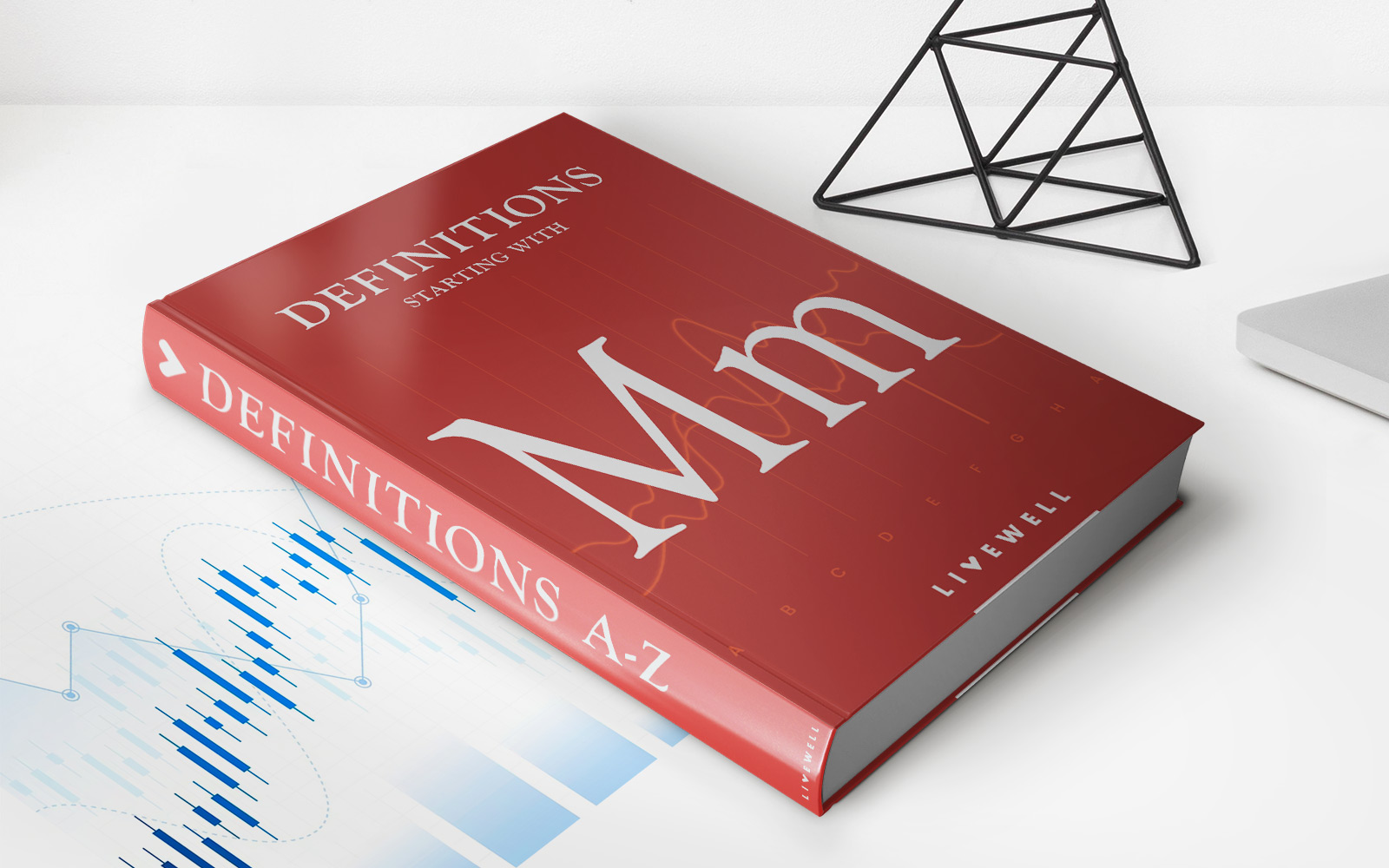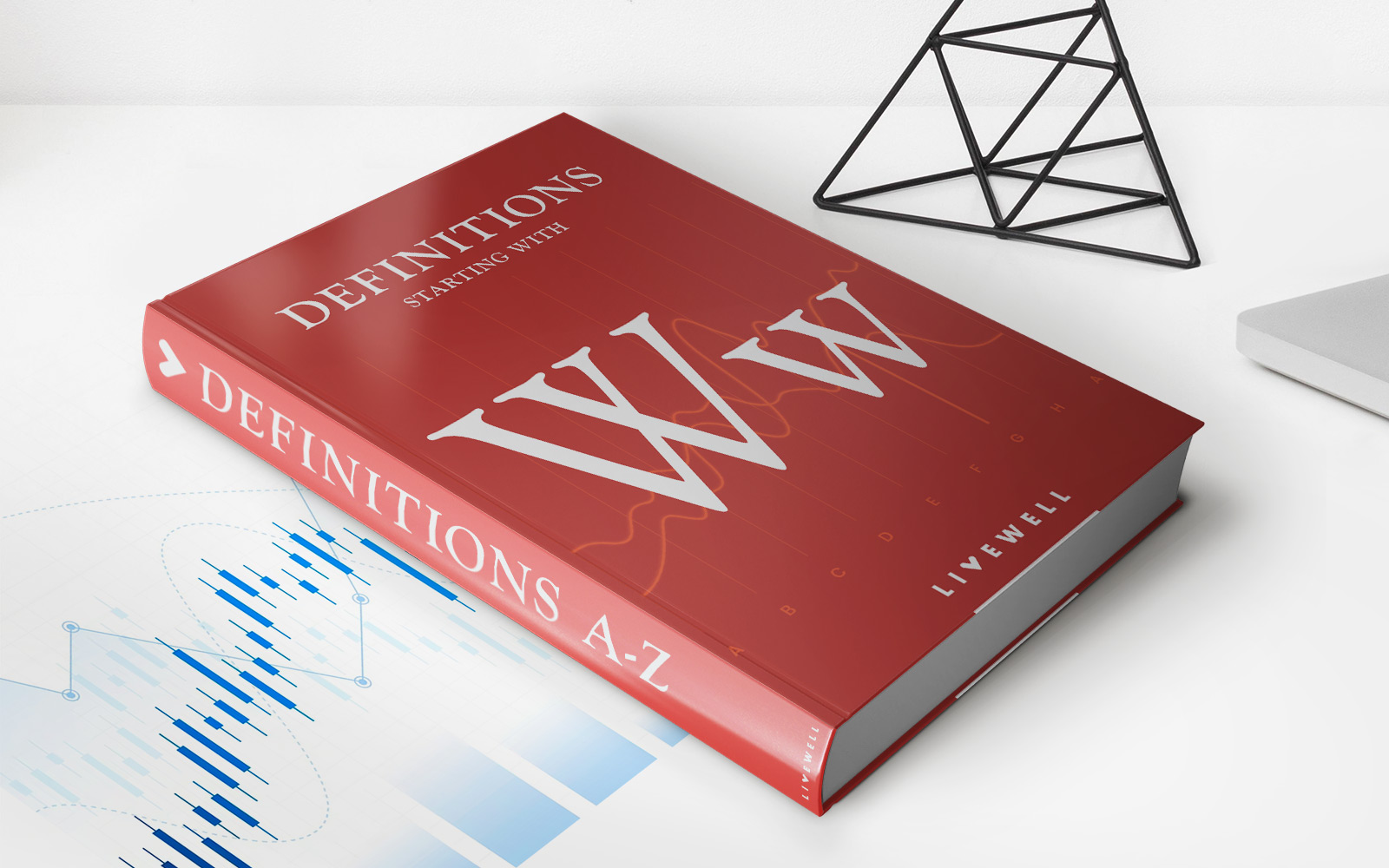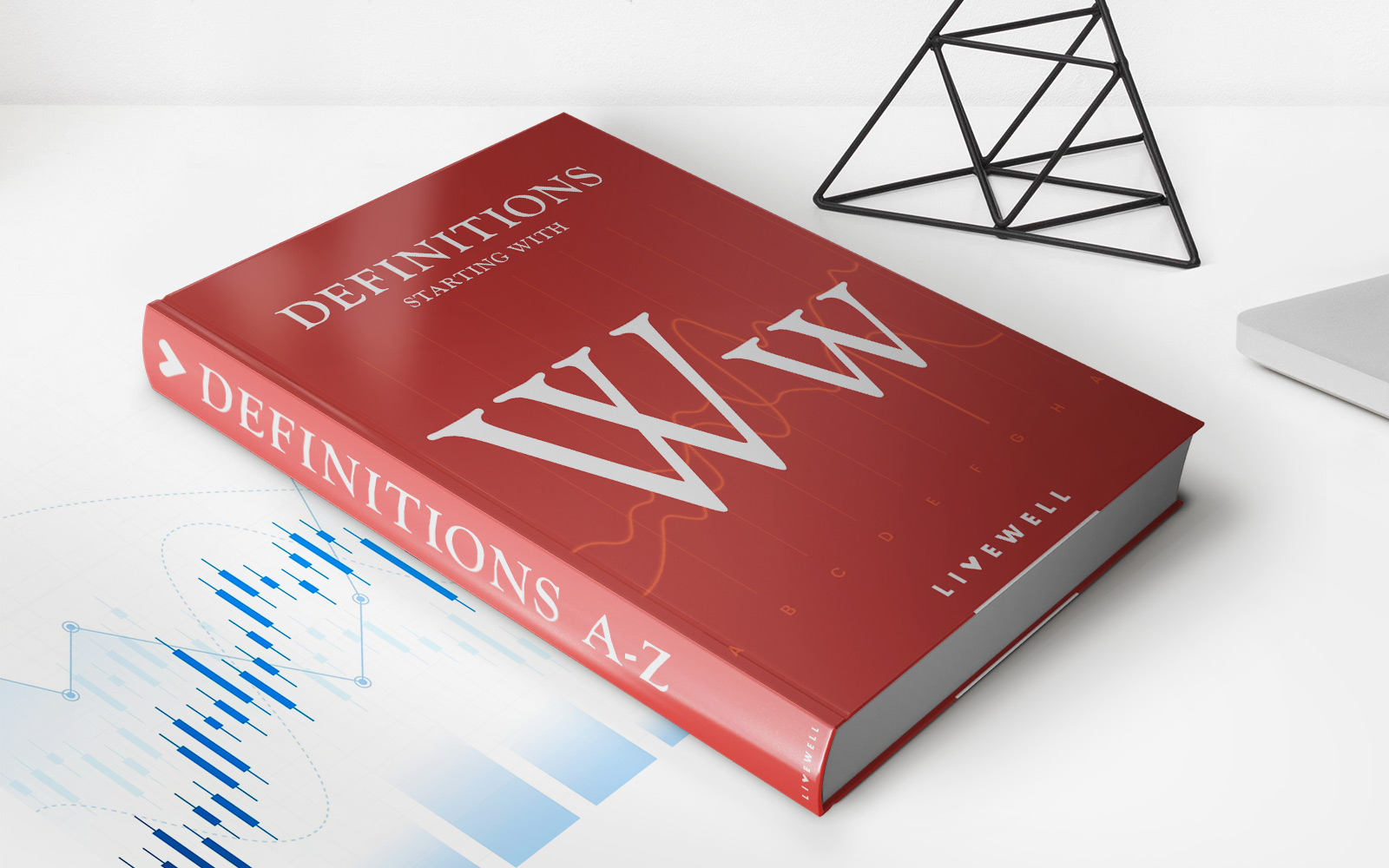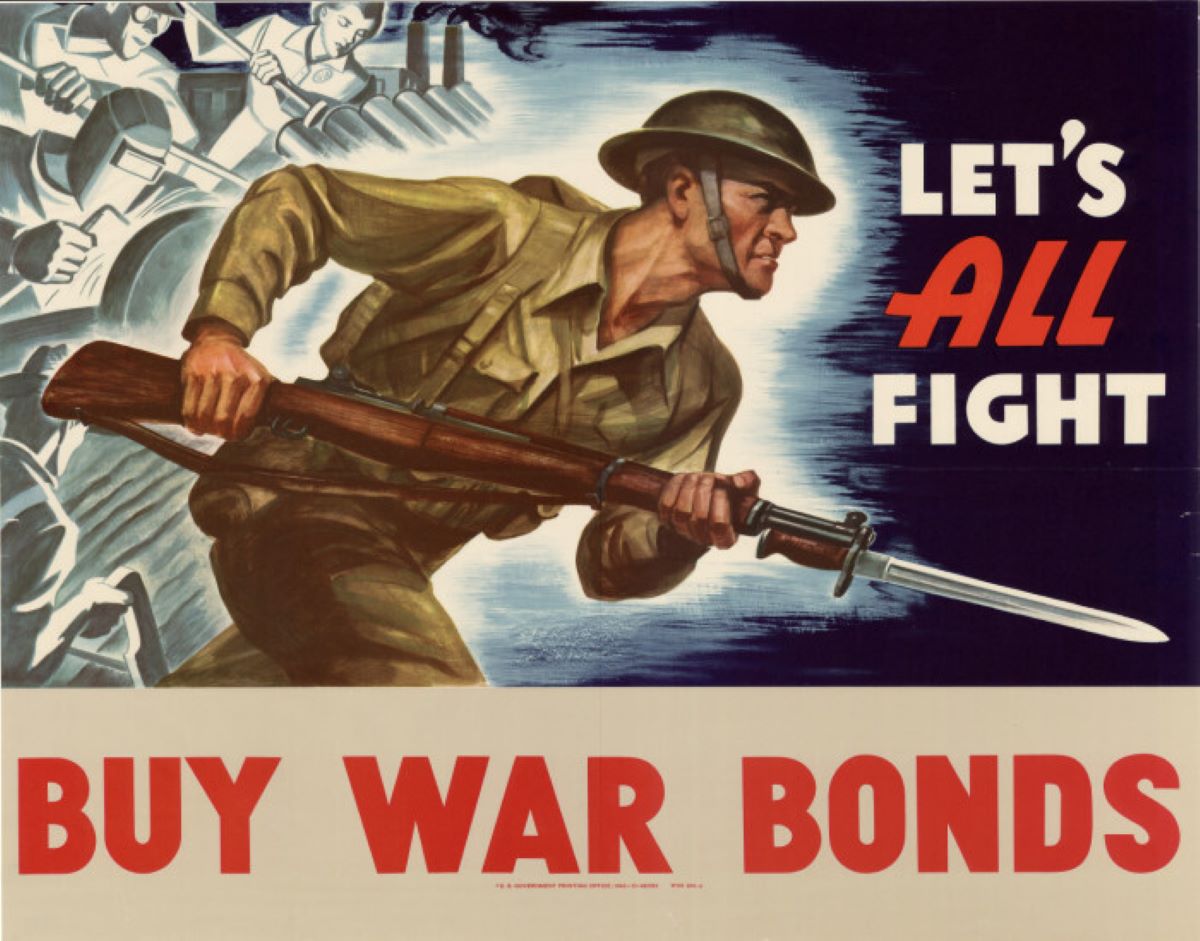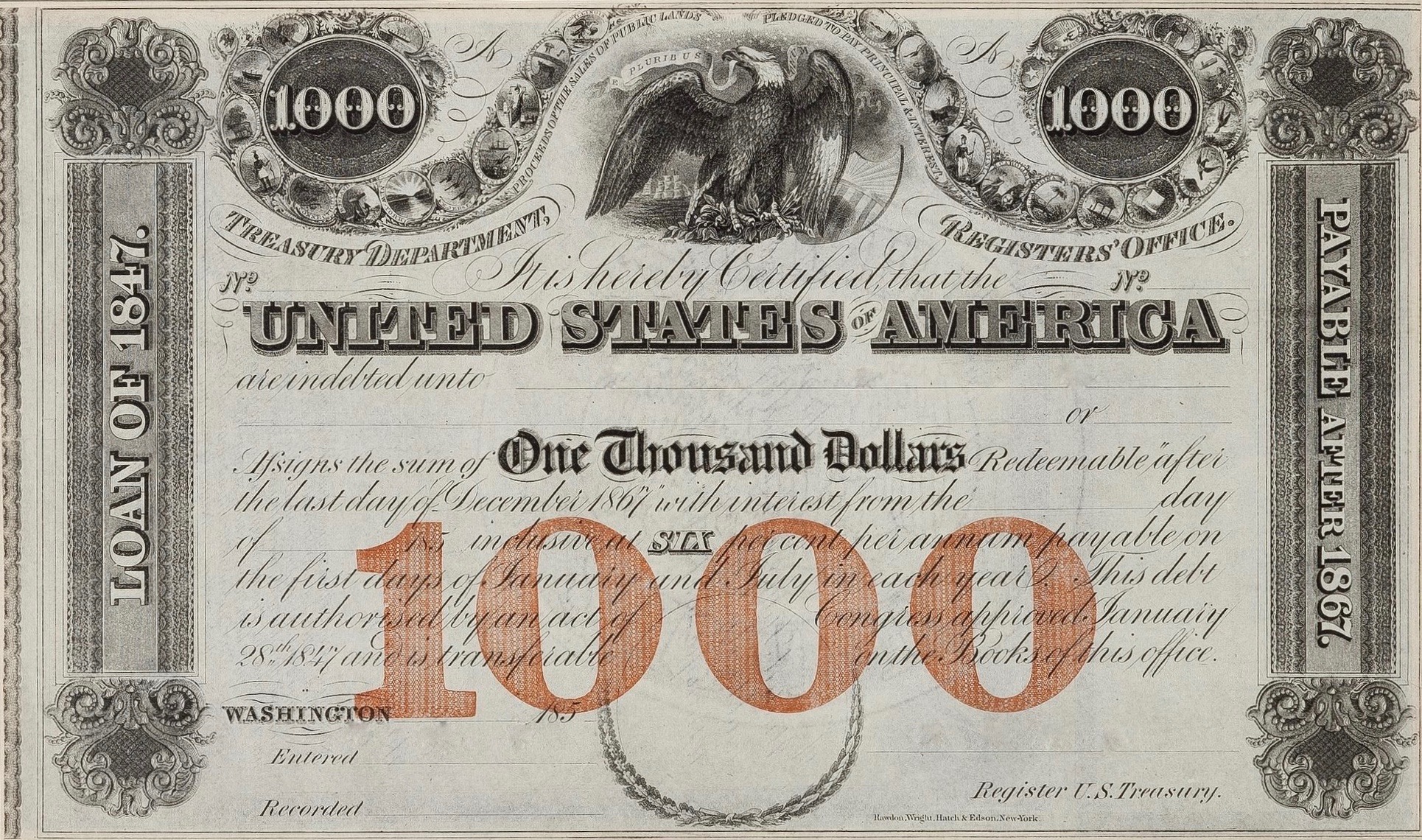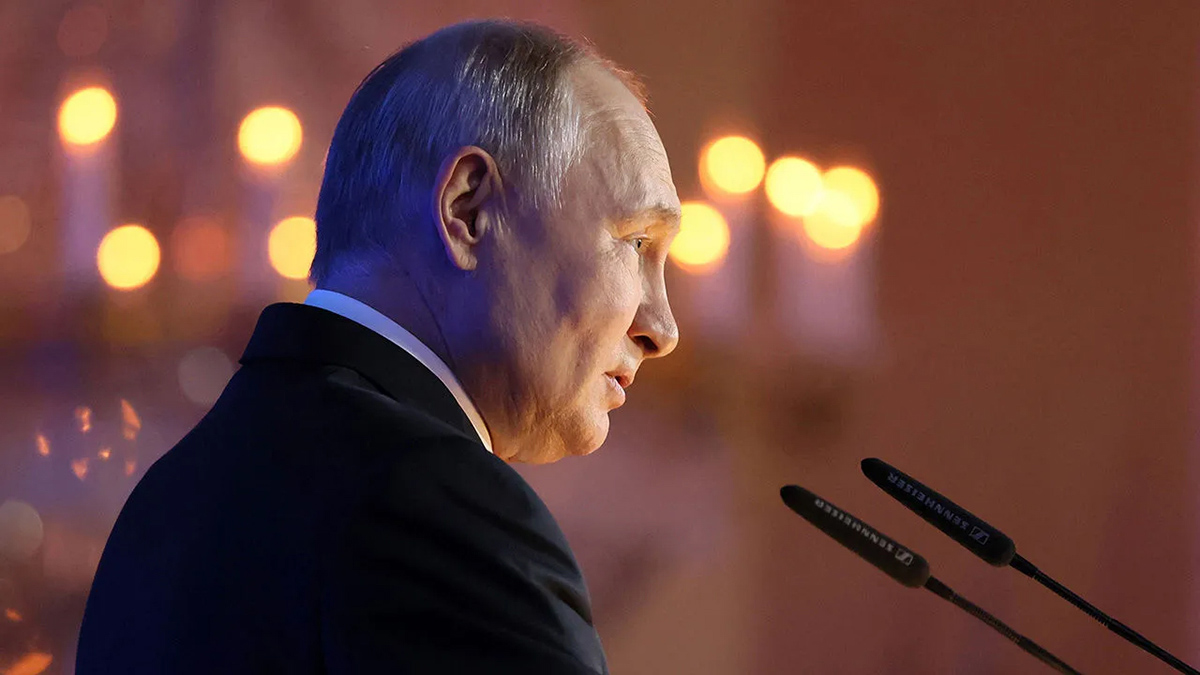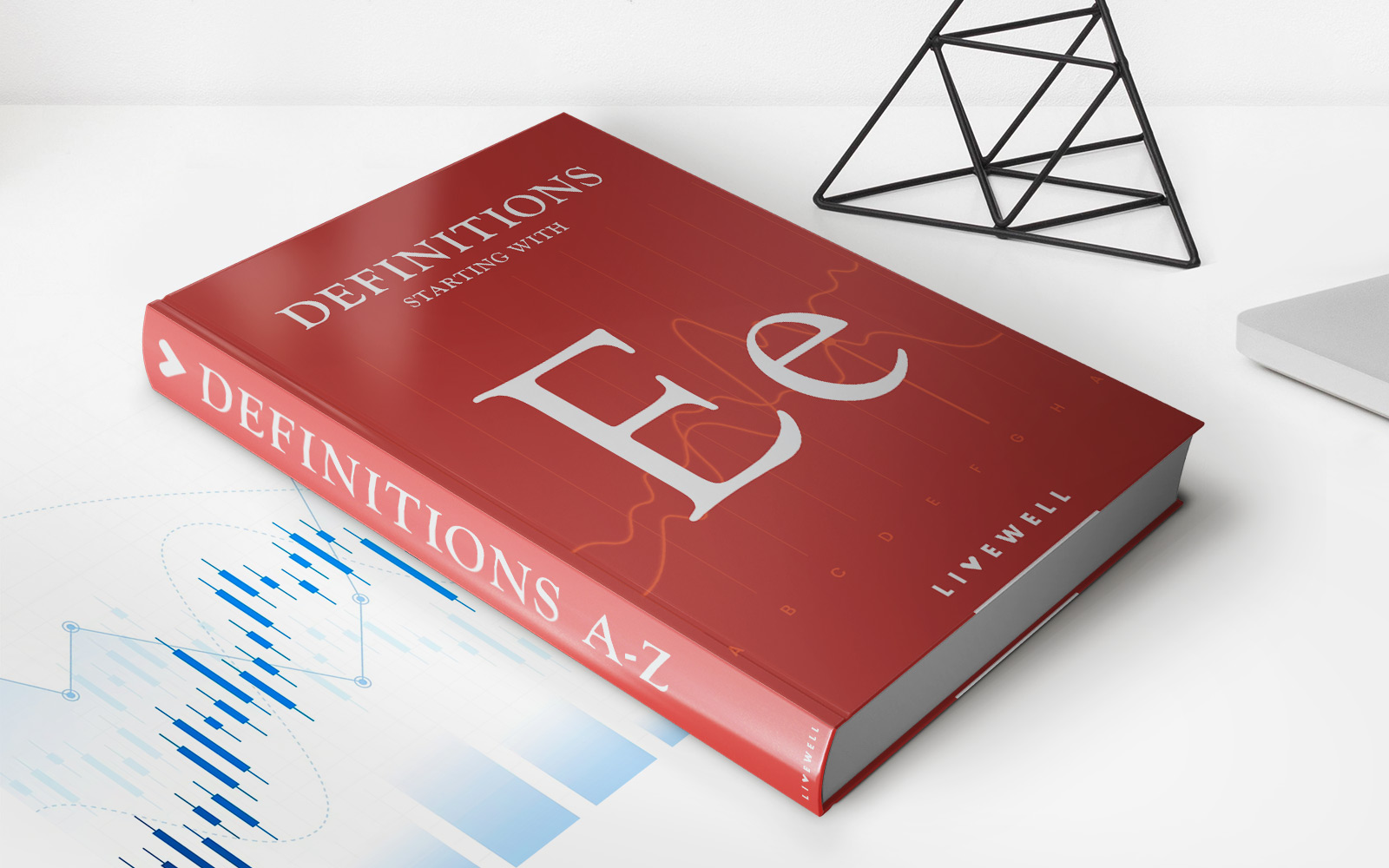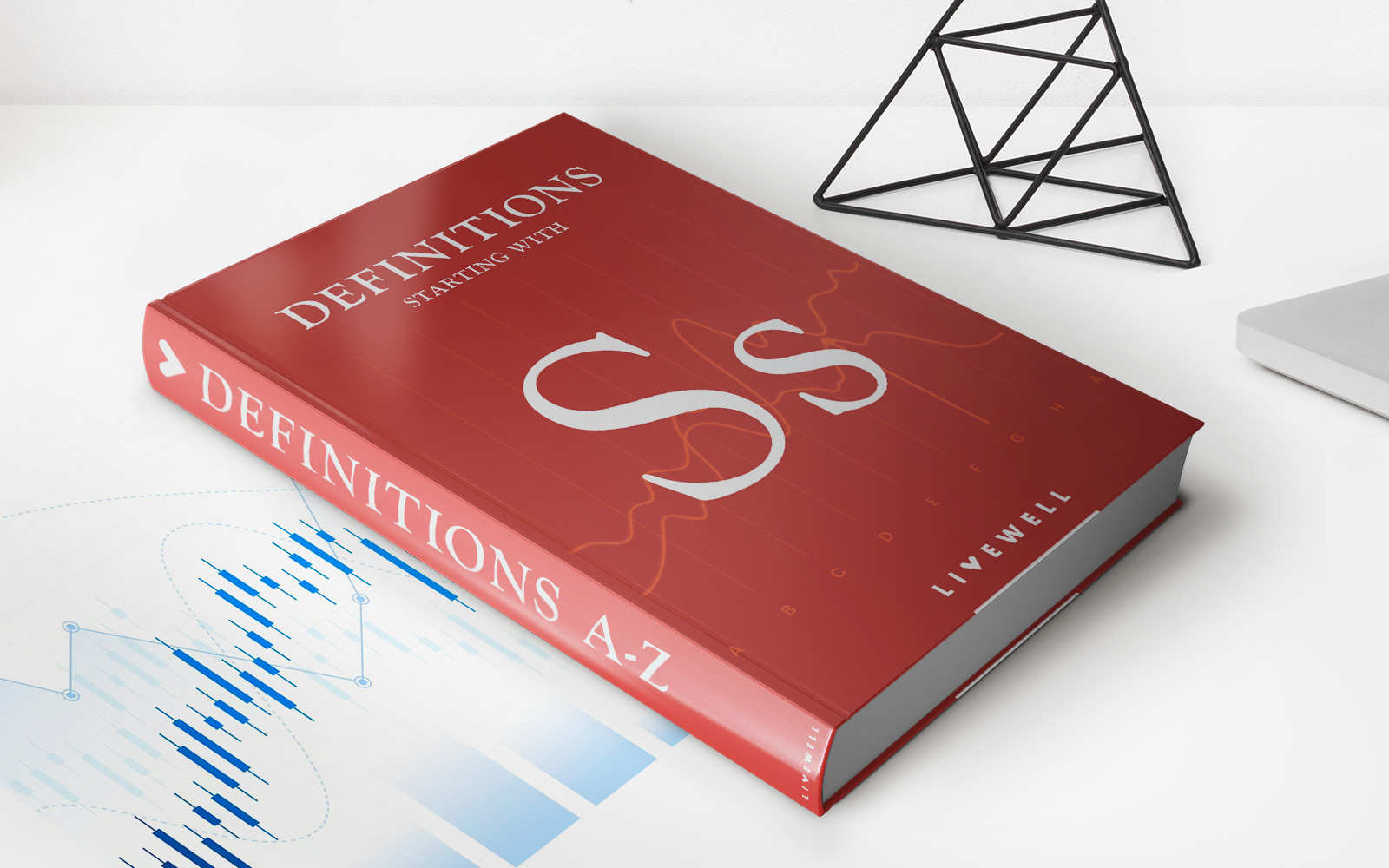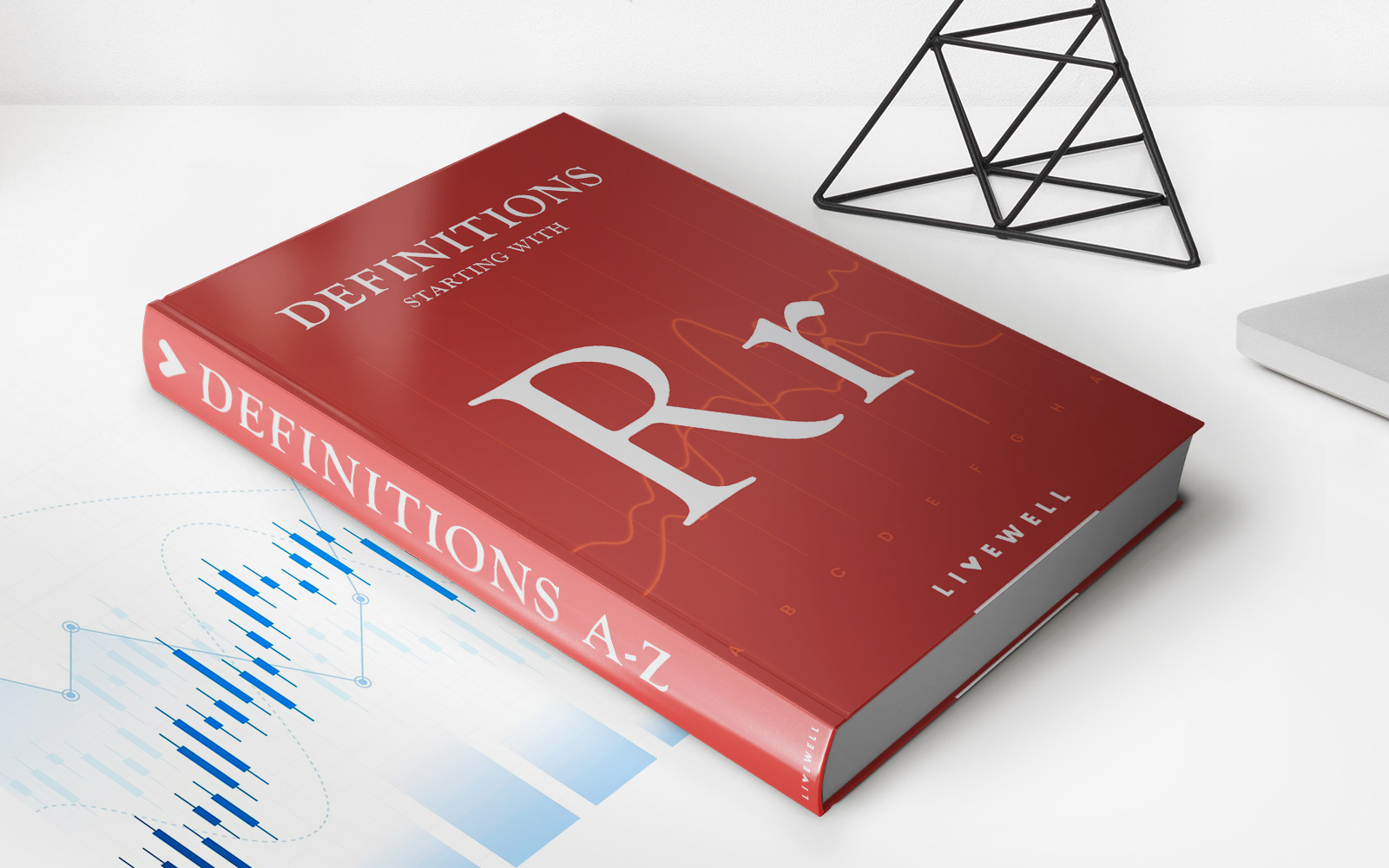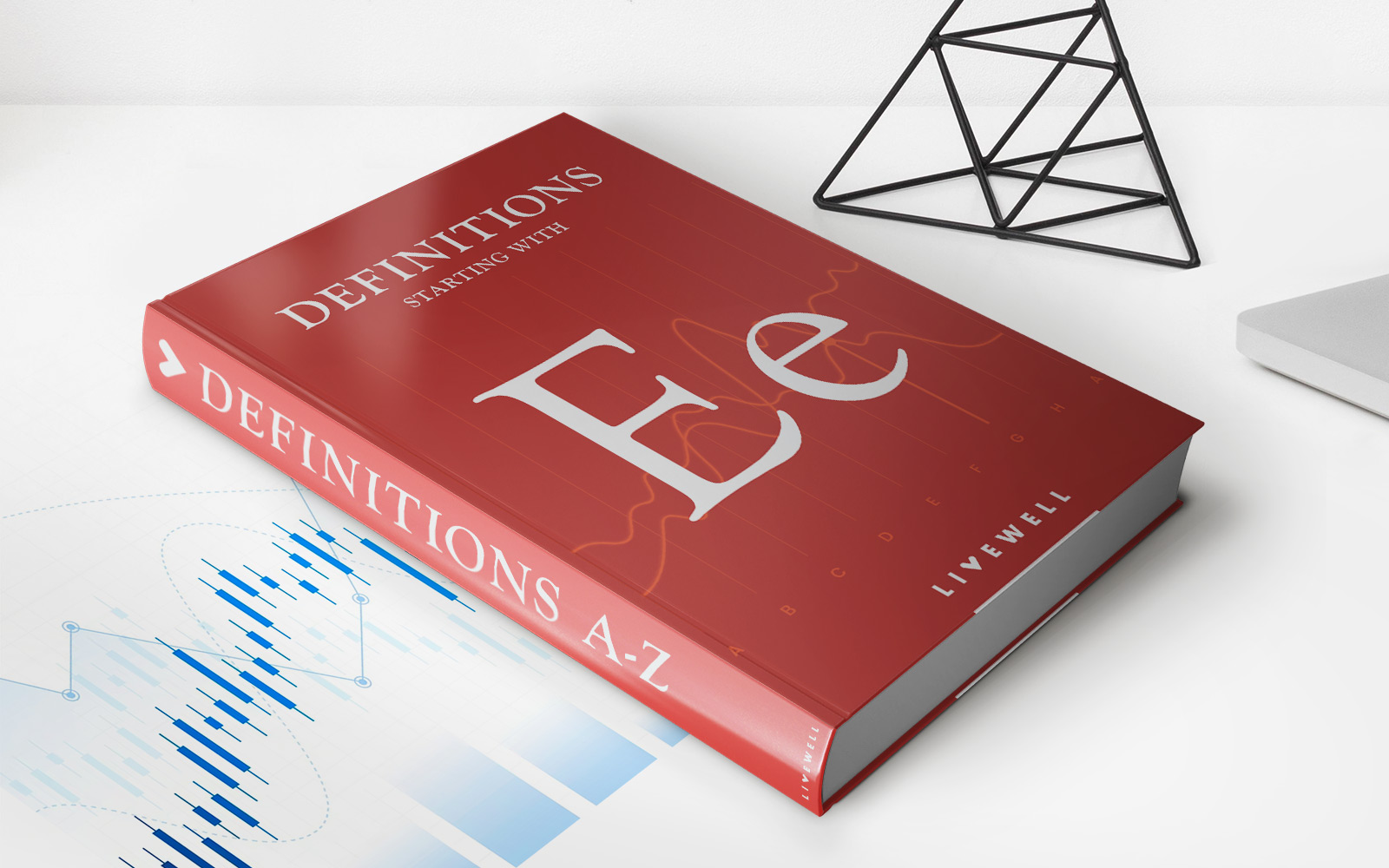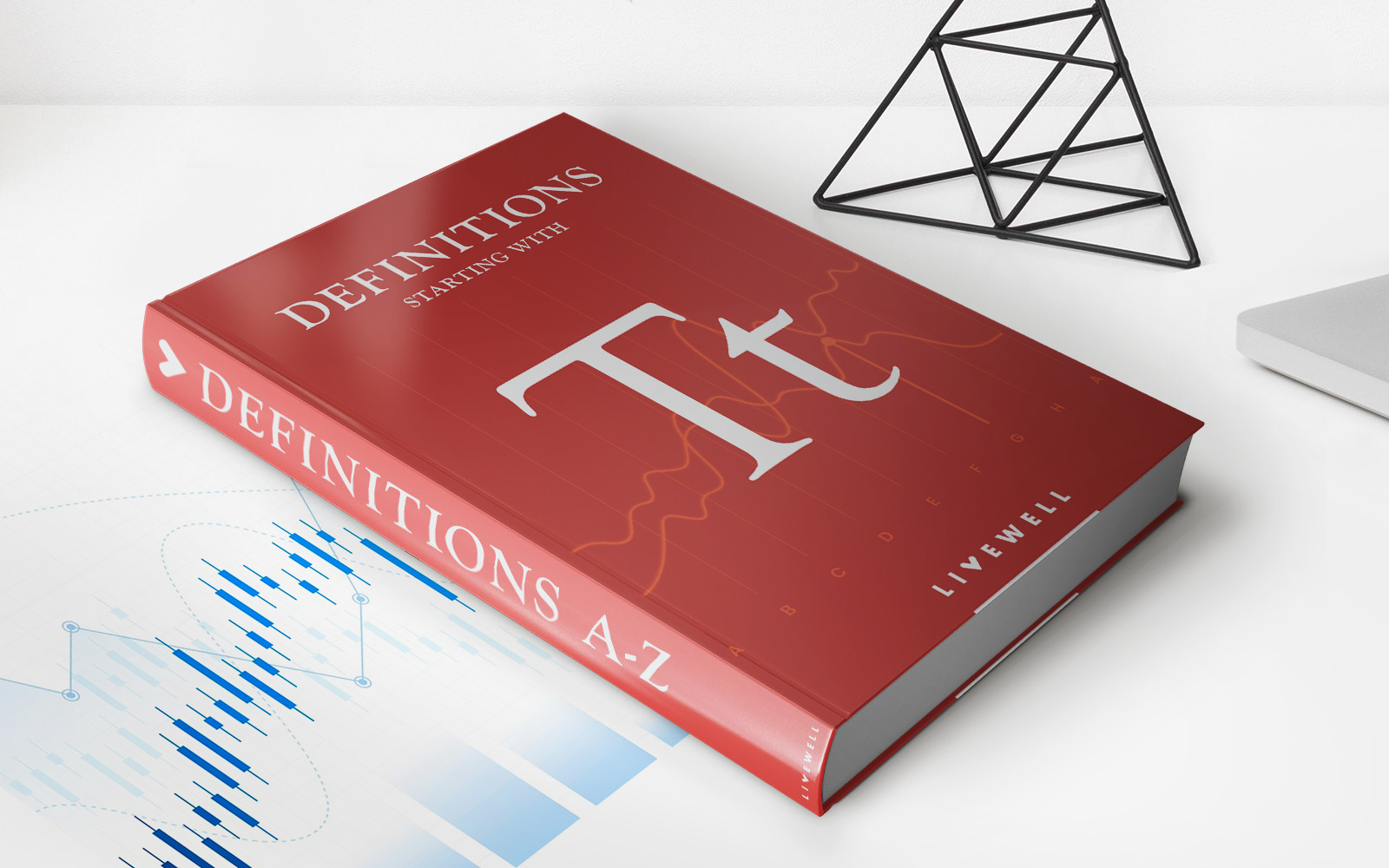

Finance
Tariff War Definition
Published: February 6, 2024
Learn the definition of tariff war and its impact on finance. Explore the consequences of trade disputes and strategies to mitigate financial risks.
(Many of the links in this article redirect to a specific reviewed product. Your purchase of these products through affiliate links helps to generate commission for LiveWell, at no extra cost. Learn more)
Tariff War Definition: A Comprehensive Guide to Understanding the Impact on Global Finance
Finance is a dynamic field that is influenced by various economic factors. One such factor is a tariff war, which refers to a trade conflict between countries that results in the imposition of tariffs or trade barriers on goods and services. In recent years, tariff wars have gained significant attention due to their potential impact on global economies. In this blog post, we will delve into the definition of a tariff war, its causes, and the consequences it can have on financial markets.
Key Takeaways:
- A tariff war is a trade conflict between countries that involves the imposition of tariffs or trade barriers on goods and services.
- The main causes of tariff wars are protectionism, economic competition, and national security concerns.
Causes of Tariff Wars:
Tariff wars can stem from a variety of factors, but some of the primary causes include:
- Protectionism: Governments implement tariffs to protect domestic industries from foreign competition and safeguard local jobs.
- Economic Competition: Countries may impose tariffs on certain goods to gain a competitive advantage in specific industries or to push for fair trade practices.
- National Security Concerns: Tariffs can be employed as a means to protect essential industries and resources deemed critical for national security.
Consequences of Tariff Wars:
Tariff wars can have far-reaching consequences for global finance and economies. Some of the key impacts include:
- Disruption of Supply Chains: Tariffs can disrupt established supply chains by increasing costs and reducing competitiveness, leading to a decline in cross-border trade.
- Economic Slowdown: Tariff wars can create economic uncertainty, reduce consumer confidence, and hinder economic growth, potentially leading to a recession.
- Stock Market Volatility: The imposition of tariffs can cause increased volatility in financial markets, with stock prices fluctuating sharply in response to trade tensions.
- Inflationary Pressures: Higher tariffs can lead to increased prices for imported goods, putting upward pressure on inflation rates and impacting the purchasing power of consumers.
- Shifts in Global Trade Patterns: Tariffs can alter global trade patterns as countries seek alternative markets to minimize the impact of trade barriers.
In conclusion, a tariff war refers to a trade conflict between countries involving the imposition of tariffs or trade barriers on goods and services. These conflicts can arise due to protectionism, economic competition, or national security concerns. The consequences of tariff wars can be significant, including supply chain disruptions, economic slowdown, stock market volatility, inflationary pressures, and shifts in global trade patterns. Understanding the dynamics of tariff wars is crucial for businesses, investors, and policymakers navigating the ever-changing landscape of global finance.
Remember to keep an eye on the Finance section of our website for more informative blog posts discussing various topics related to finance and its impact on our lives.
